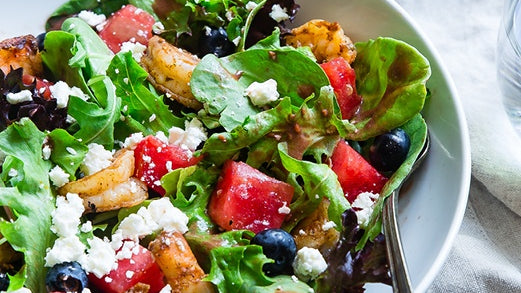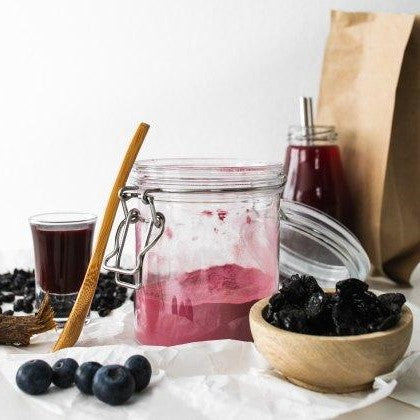We all know vegetables and fruit are good for us, and yes your mum probably told you that. It’s not rocket science, that plants hold a myriad, (ohhh fancy word), of healthy goodness that our bodies love. Goodness from vitamins, minerals, and the all-important dietary ingredient, fibre. We need fibre for digestive support, and to feed the bacteria in our microbiome. Within our microbiome, we work hard to break down fibre, but it’s a two-way street where we need the very same fibre to ‘fight the good fight’ for our health. Without the fibre bacteria, we would find ourselves in digestive trouble.
So, when you hear that studies have shown plant-based diets help with healthy blood sugar and reduces cardiovascular risk.
But what is ‘plant-based’ health, and how do you start introducing it into your lifestyle? In simple terms, a plant-based diet is one with an abundance of fresh produce and minimally processed foods. Because our bodies don’t do so well with overly processed foods, (stripped of their nutrition), we often pay the price living with low energy levels and substandard health.
So what is plant-based?
All things from plants.
Seeds and nuts – these provide protein and minerals such as iron, zinc and Omega 3 fatty acids. These minerals are essential for nervous system function, energy, cell repair, and overall health maintenance.
Aim for 1-2 servings a day.
Vegetables– (No surprise here!) Vegetables are full of goodness, including beta-carotene (Vitamin A) which is essential for immunity and eye health. Vitamin C, promoting collagen and immunity and a super dose of phytochemicals and the all-important fibre.
Aim for 4+ a day
Fruits – Great for hydration in summer and an awesome source of fibre to aid digestion. Keep it simple and try to include a variety of colours in your fruit which helps you provide a combination of beneficial antioxidants.
Aim for 2 servings a day.
Grains and starchy vegetables – Your source of complex carbohydrates. (Not to be confused with refined carbohydrates). Complex carbohydrates take a while to break down, which means they keep our blood sugars balanced. Rich in B vitamins, essential for energy and brain function. They also help support and promote a healthy nervous system.
Aim for 5 servings a day.
Legumes and soy products – A great source of protein, also high in calcium and iron.
Aim for 3 servings a day.
As the title suggests. Plant-based – is from plants.
When adopting a plant-based diet there are many things to be aware of:
Iron requirements – it is essential we include iron in our diet. We need it for immunity, skin health, and to provide energy to support our body’s chemical reactions. While animal-based iron has traditionally been considered more easily absorbed than plant-based iron, we should not discount the valuable benefits of the plant-based options. Options so easy to use, and available in its most natural state, in green leafy vegetables, beans, pulses, nuts and seeds, spirulina, dried fruit, and whole grains.
When consuming plant-based iron it is a good idea to pair it with a food high in Vitamin C to increase absorption. Another simple and natural way to include iron in your daily diet is Molasses in nut mylk.
Vitamin B12
Although mostly found in meat, it is in fact not made by animals. B12 is instead produced by bacteria, microorganisms, and fungi. In simple terms, the animal consumes bacteria, resulting in the meat containing B12. Yes, there are plant-based B12 sources, found in nutritional yeast and tempeh.
Calcium
Surprisingly found in green leafy vegetables, broccoli, tofu, beans, molasses, and dried figs.
Yes, moving towards a plant-based diet means you can still eat a well-rounded and nutrient-dense diet. You just need to be aware of those areas that may need a little more dietary extra attention.
With the move towards a plant-based lifestyle, the naturally available plant-based foods are seen by many as more sustainable for our health and our environment.
Providing our bodies, with a natural and powerful combination of antioxidants, active constituents, minerals, vitamins, and biodiversity; a plant-based diet also helps us to avoid or minimise our consumption of processed and sugary foods.
Make a life-changing difference in your everyday life, by simply starting each day with Lifestream products, derived from natural ingredients. Why not begin your journey to wellness with us? It’s naturally simple.




